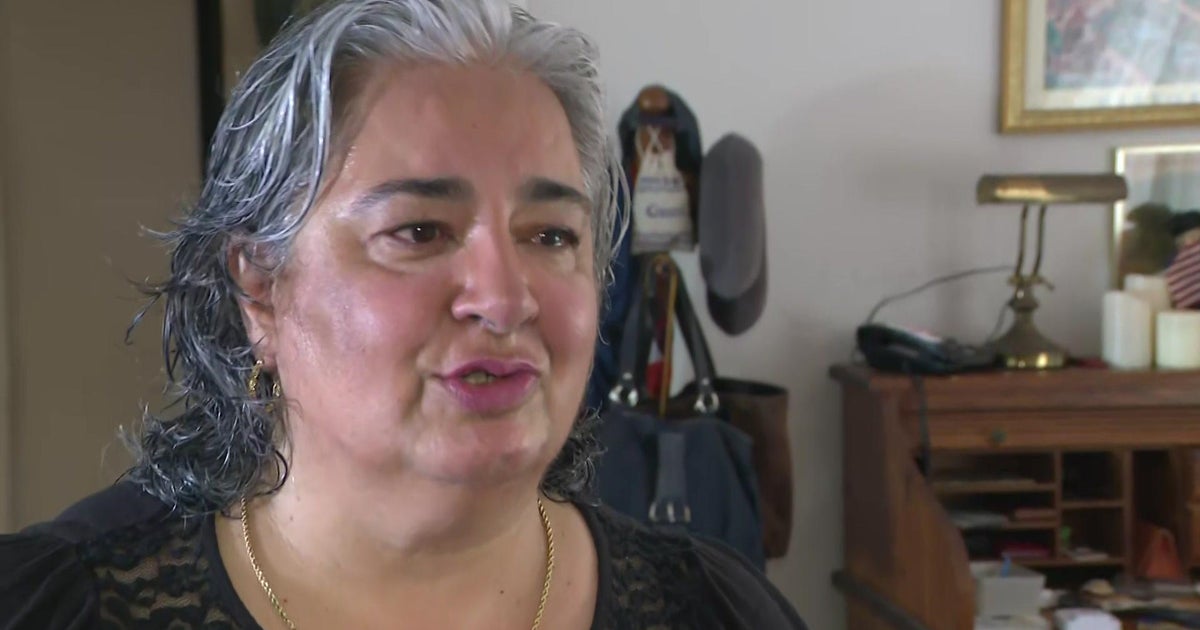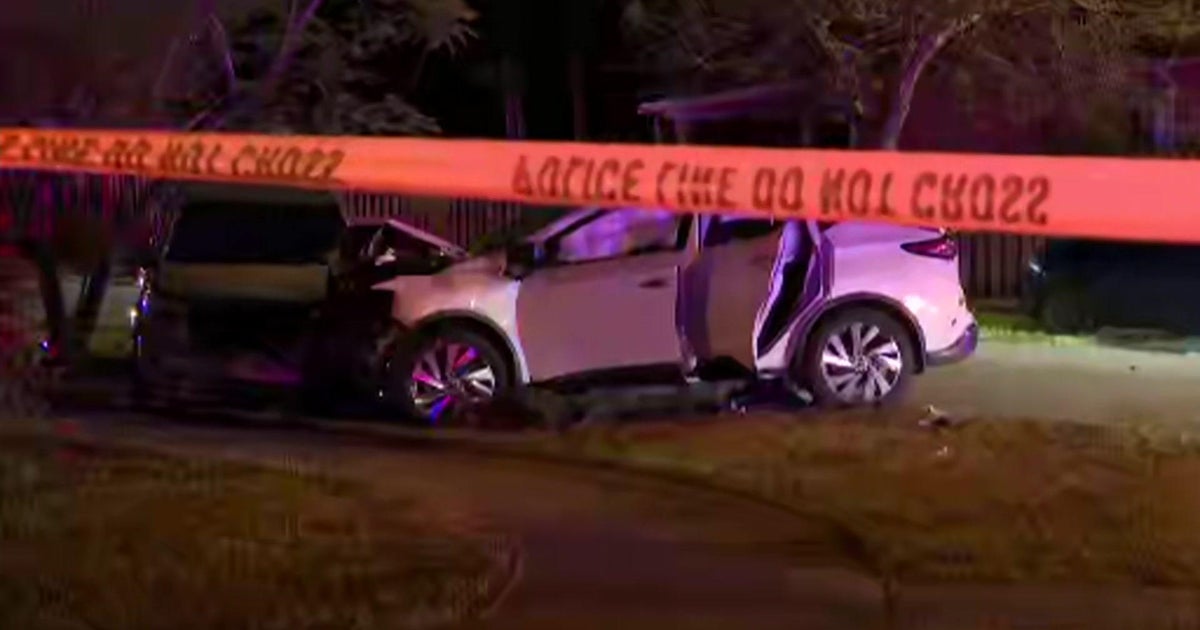Relative Shares Family's Story On Holocaust Remembrance Day: 'This Is Their History'
Follow CBSMIAMI.COM: Facebook | Twitter
MIAMI (CBSMiami) – It's Holocaust Remembrance Day, a day to commemorate the 6 million Jews – and millions of other victims – killed by the Nazis during World War II.
For relatives of victims and survivors, piecing together their loved one's journey can be difficult. The U.S. Holocaust Memorial Museum is trying to help.
CBS4 anchor Rick Folbaum has one South Florida family's story of discovery.
"This is the entrance form for your father to Dachau," said Suzi Polirer. "That's his signature for sure."
Polirer's parents made it out of the death camps alive.
"It's amazing to see these documents because you've heard stories on and off. More than stories, because this is their history. Anyone who has questions, this is black and white," Polirer said.
She heard those difficult stories growing up in Brooklyn. But now, even after both her parents are gone, she's still learning new details about their survival.
"So he was in Auschwitz, 1944, on September 1st. He only spent two weeks in Auschwitz and then he went to Dachau," she explained. "This is what I never knew… Marine Flasher was the name of the boat."
Polirer's family is one of 20,000 that has discovered new details about their loved ones through the international tracing service of the U.S. Holocaust Memorial Museum.
Robert Tanen is the associate director for the museum's south east region, here in South Florida.
"To see the look in her eyes, in Suzi's eyes, that spark, the first time they're seeing something after so many years… to not only talk about the history, but to almost reach out and touch it," Tanen said.
Polirer's luckier than most. Her dad saved dozens and dozens of photographs.
FOLBAUM: How old is he here?
POLIRER: This is 1945, he was born in 1920, so he was 25.
FOLBAUM: And he's wearing his stripes.
POLIRER: He didn't have a suit, so he had his stripes, yes.
Polirer then showed Folbaum a photo of her parent's wedding.
"This is an interesting picture. This is their wedding in the DP camps," she said. "She borrowed a silky white shirt and this was their wedding."
The DP camps were for displaced persons. That's where the U.S. military housed the Jewish Holocaust survivors until a more permanent location could be arranged. For Polirer's parents, after waiting two and a half years, that was the U.S.
FOLBAUM: How much did you know about the Holocaust when you were a little girl growing up?
POLIRER: I guess I knew it, from the time I was old enough to know, I knew.
FOLBAUM: How did they explain it to you?
POLIRER: I'm not sure, because you just grow up with it. Things like, if there was food in the refrigerators and it was starting to get old, my dad would eat it. And I'd say dad, why don't you throw it away? And he said no, because for so many years, we didn't have any food.
Before he died, Polirer's father gave an interview to the Shoah Foundation, which was established to preserve survivor and witness testimonies. He agreed to be recorded, like so many others, so that his story would never be forgotten.
"And when I looked at this last night, and you can hear it in my voice, it was very hard," she said. "Because it's memories. It's just hard. He suffered through a lot. They all did."
The Holocaust Museum's collection, with its 200 million pages of documents, is helping to cement those memories for future generations.
"You know that the story is there. And you know that you've grown up with it. You know that this is where you come from. What you're built from. You're strong because of this. But this is actual proof. So if anyone ever questions it or denies it, I have it right here on my computer," Polirer said.
The Holocaust Museum's international tracing service is free. You can check it out by clicking here.



